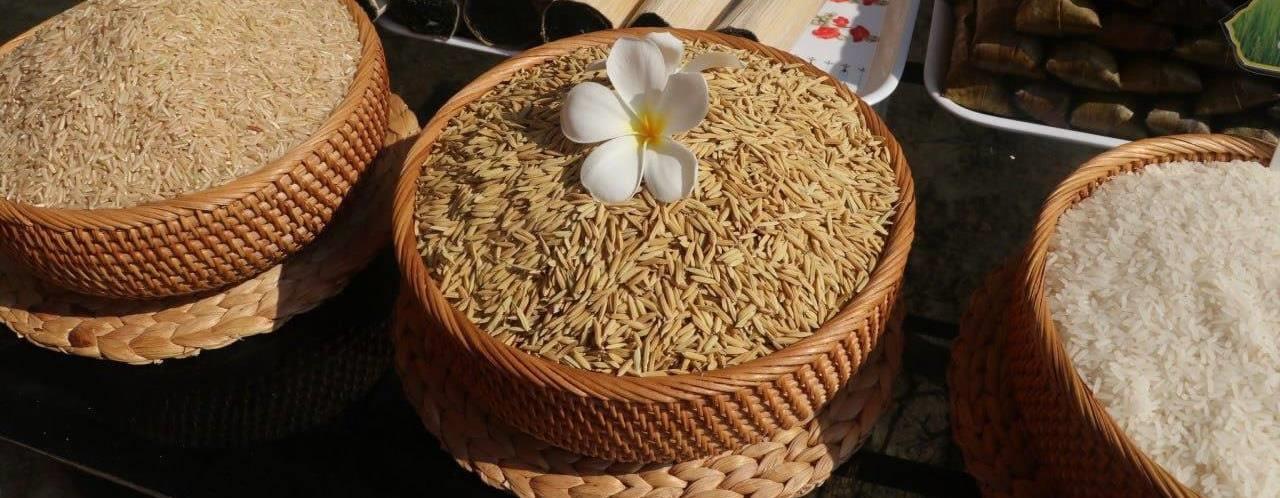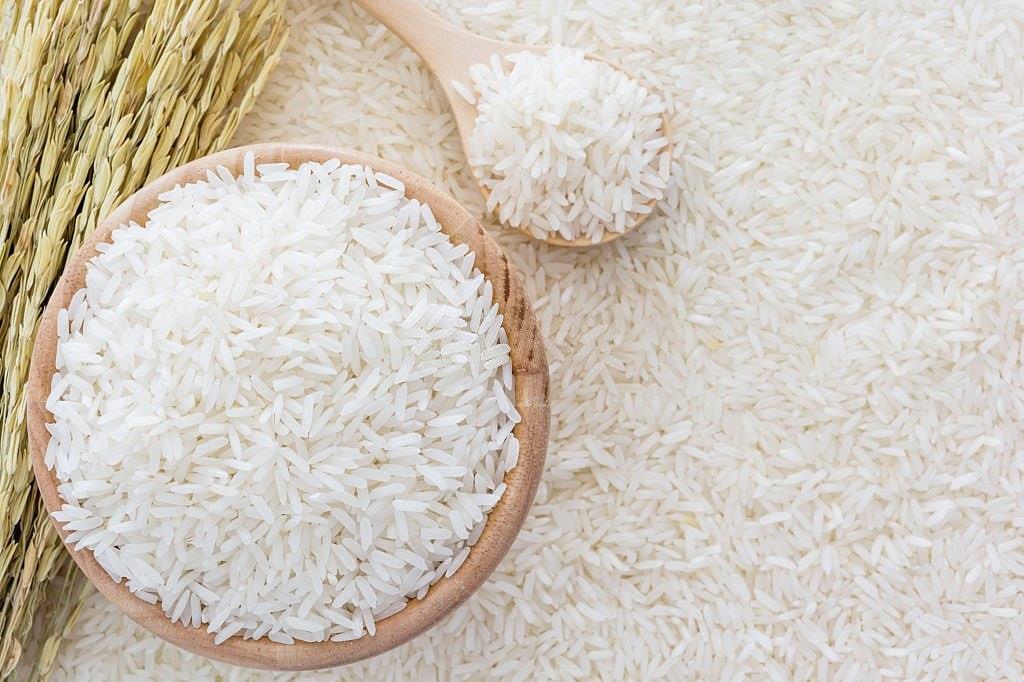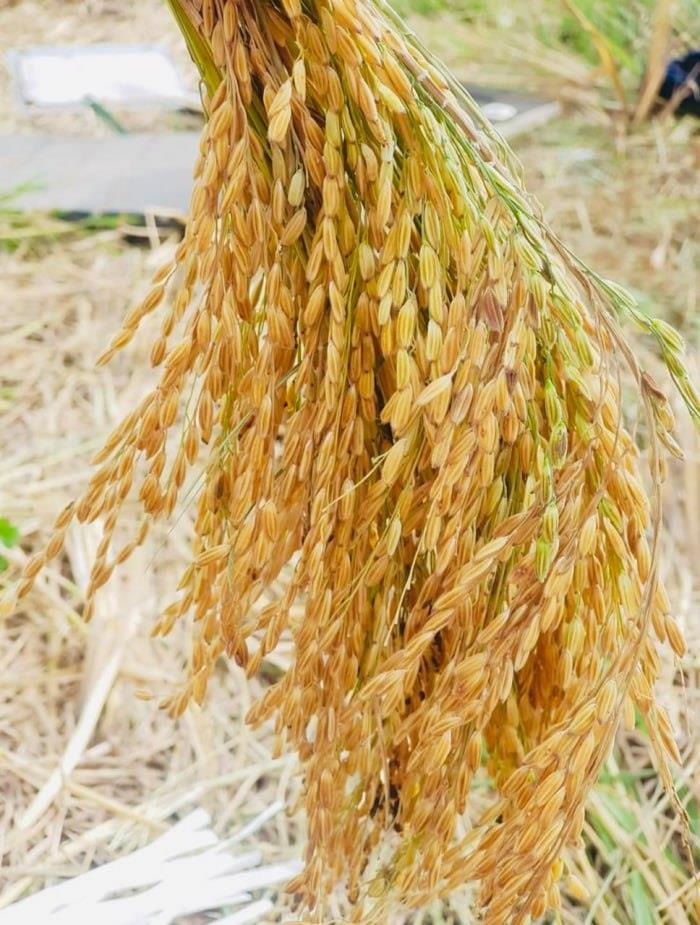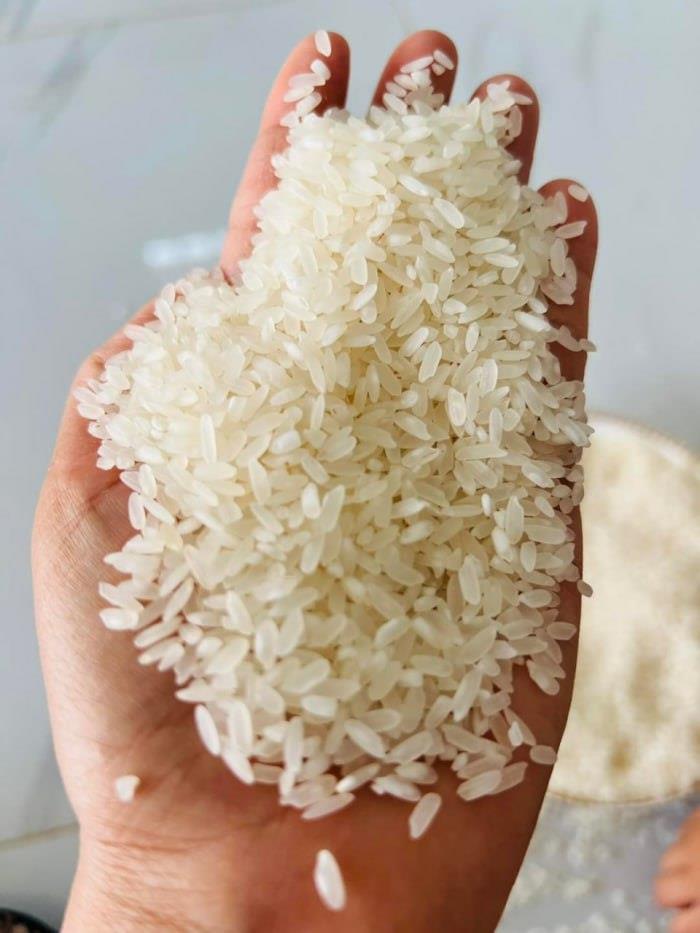Phnom Penh (FN), Sep. 3 – Oknha Chan Sokheang, President of the Cambodia Rice Federation, highlighted ten rice varieties with high market demand both domestically and internationally. Some of these varieties, despite having strong market potential, are not widely cultivated by farmers.
Oknha Chan Sokheang described the rice varieties that are popular and readily available in the market, including Phka Romduol, Sen Kra Ob, and Sen Kra Ob 01, Sro Nge, Neang Ok-Neang Am, Chhma Prom, Neang Khon-Phka Knhey, sticky rice and Neang Khmao rice.
Sokheang confirmed that the Phka Romduol variety is a high-yield crop with a large market demand. The Sen Kra Ob, and Sen Kra Ob 01 are also widely cultivated and have strong market potential, with no shortage of mills. Farmers can confidently purchase these seeds.
Regarding Sro Nge, Sokheang noted its rising popularity and its competitiveness with similar varieties from neighboring countries.
In addition, he sees that the Neang Ok-Neang Am rice varieties are gaining momentum in the international market, with increasing demand from several countries. Additionally, Chhma Prom rice, particularly from Kampong Speu province, has a strong market presence and fetches high prices.
Traditional varieties like Neang Khon-Phka Knhey rice are also being cultivated by local farmers.
He underlined that while the above-mentioned varieties are popular, farmers have not yet widely cultivated and Neang Khmao rice, despite the strong market demand for these types.
Oknha Chan Sokheang stated that if any farming community is interested in growing sticky rice or Neang Khmao rice, they can contact the Rice Federation or reach out to large rice mills to establish a contract.
In the first seven months of 2024, Cambodia exported 379,546 tons of rice to 64 target markets, earning over USD 280 million. These exports were facilitated by 53 rice exporters.
Of the rice exported, fragrant rice accounted for 70.52 per cent, white rice 24.30 per cent, parboiled rice 3.16 per cent, organic rice 1.74 per cent, and other varieties 0.28 per cent.
=FRESH NEWS





